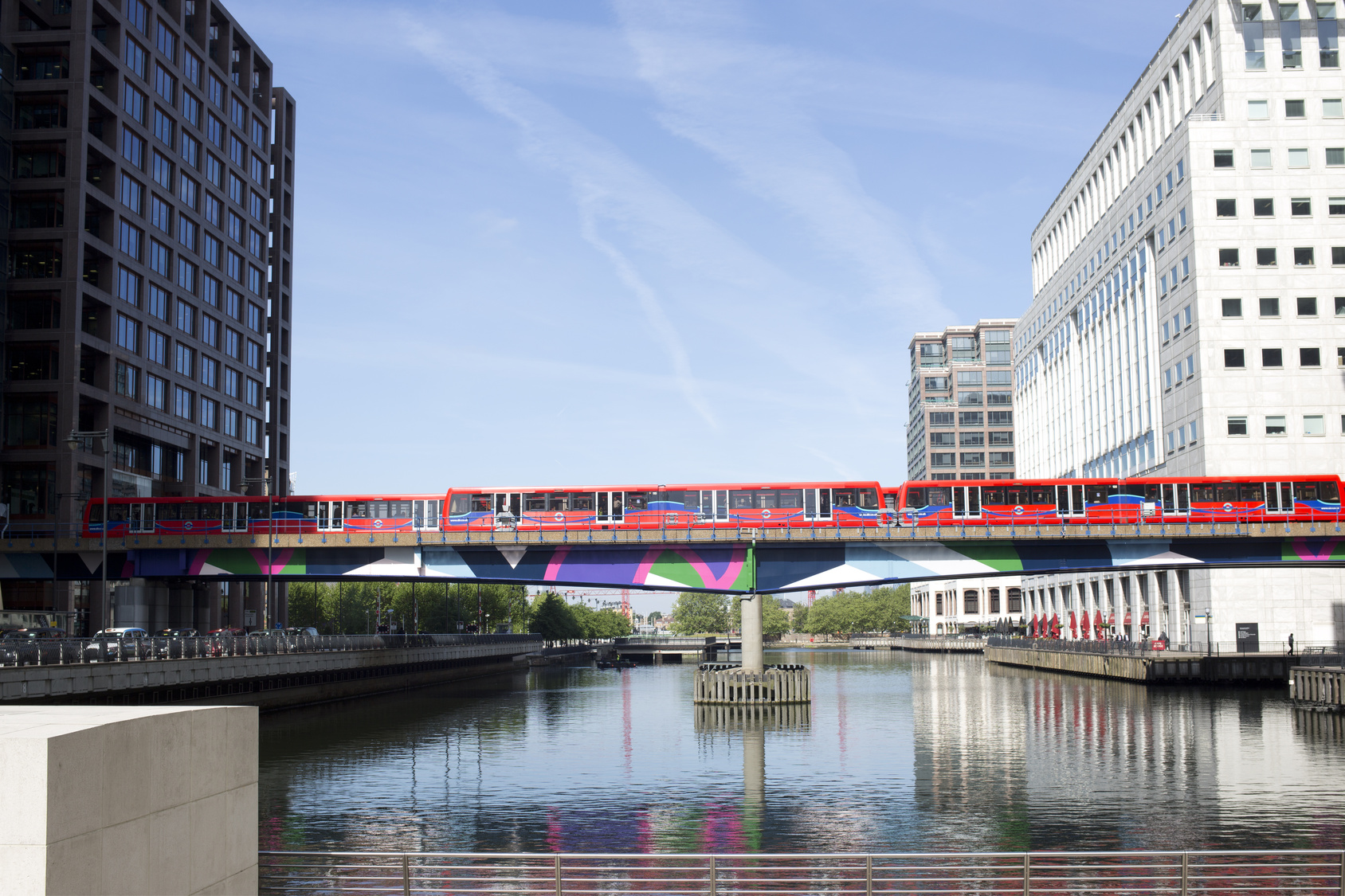Monthly Archives: May 2016
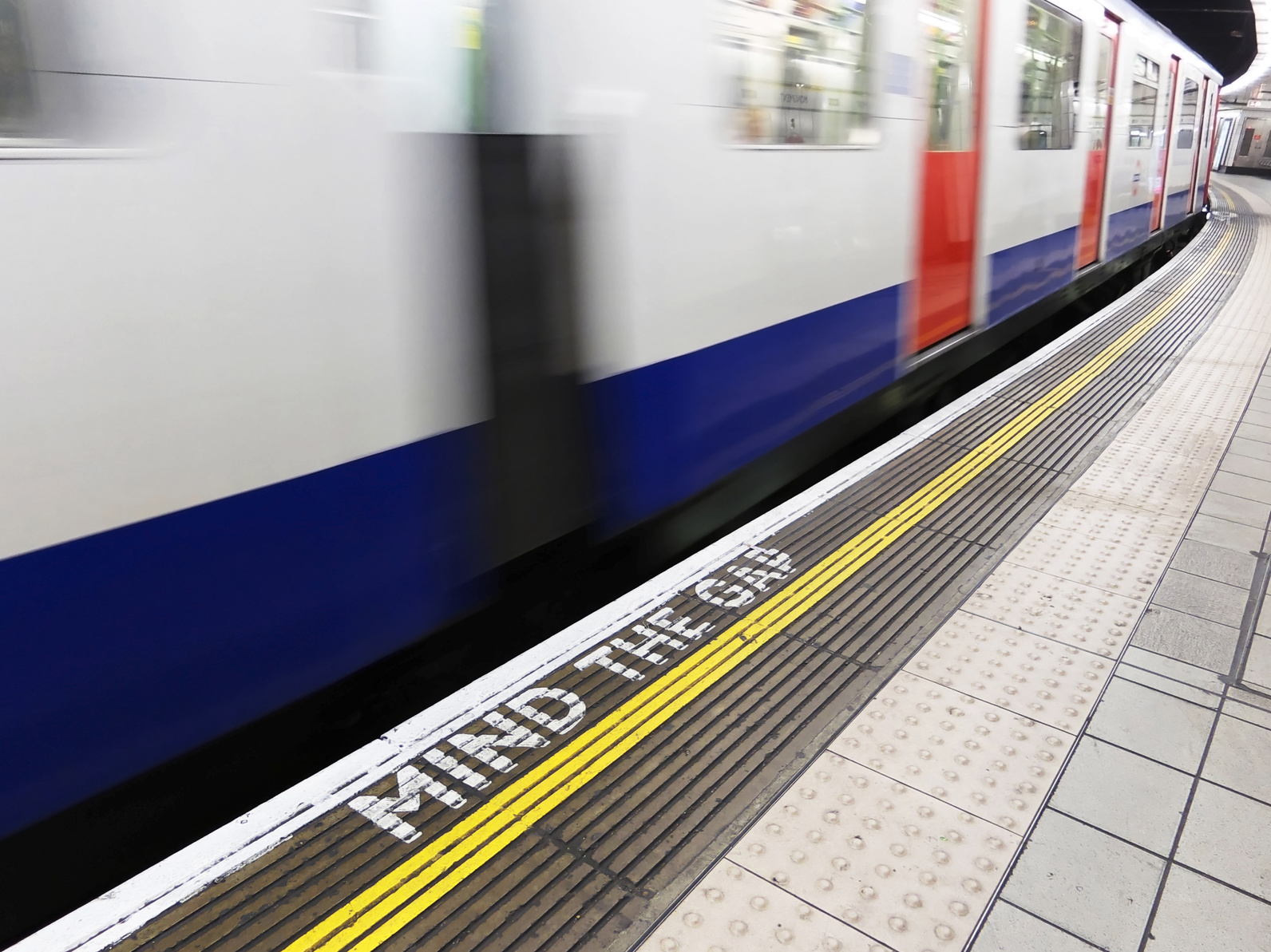
The second 24-hour strike by Southern rail conductors is now in session. Trains have been cancelled, causing widespread disruption on one of the UK’s busiest routes.
Why are the Southern Rail Strikes happening?
As we mentioned in a blog a few months ago, Govia (who own Southern Rail) are currently in the process of replacing train guards with on-board supervisors. That is to say, drivers will now operate the doors on trains. These plans have gone down extremely badly with Unions, who claim that removing the guards will result in reduced safety for passengers, and lead to significant job losses.
The general secretary of the Union has claimed that they simply have no choice but to fight the measures directly. Protests have been held outside the Department for Transport Rail Industry conference in London. The Unions feel that this is part of a wider problem in the industry, of TOCs putting profit before safety.
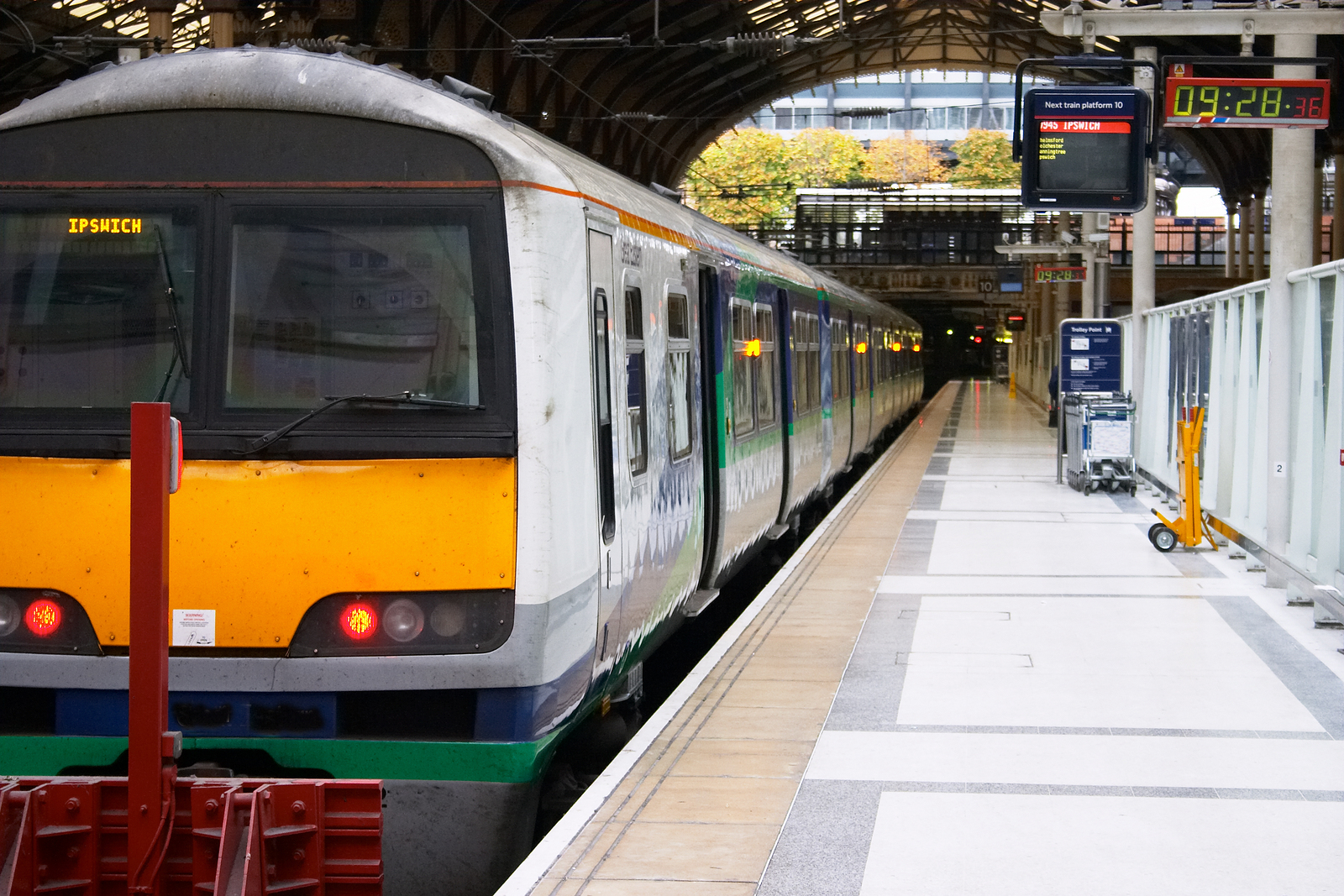
How have Govia responded to this?
Govia have heavily criticised the strikes, claiming that they are totally unnecessary. They have stated that there will be absolutely no job losses, or pay cuts. They claim that the proposals will go ahead regardless of the strikers. In defending the proposals, (stating that they are simply trying to evolve the role of conductors), they blamed unions for leading hard-workers astray. Govia claimed that Unions are disrupting the working day of over 300,000 people that use the service. Govia have labelled the Southern Rail Strikes selfish and narrow minded, and claim that Unions are consequently ignoring the interests of commuters and railway workers alike.
Stalemate?
With Southern Rail dead-set on implementing their proposals, and the Unions firmly against it, it seems like there is no resolution to the Southern Rail Strikes in sight. There are also fears that the strikes could extend over to ticket offices, where there are also plans for closure in the next few months. Consequently, Govia have claimed that the strikes would result in long waits to board trains, and that they now cannot guarantee to get passengers to their destinations on time. In a statement, they urged the Unions to reconsider.
More Information
If you are looking for more information, make sure you check out Southern’s live running page. This provides customers with critical information and updated times.
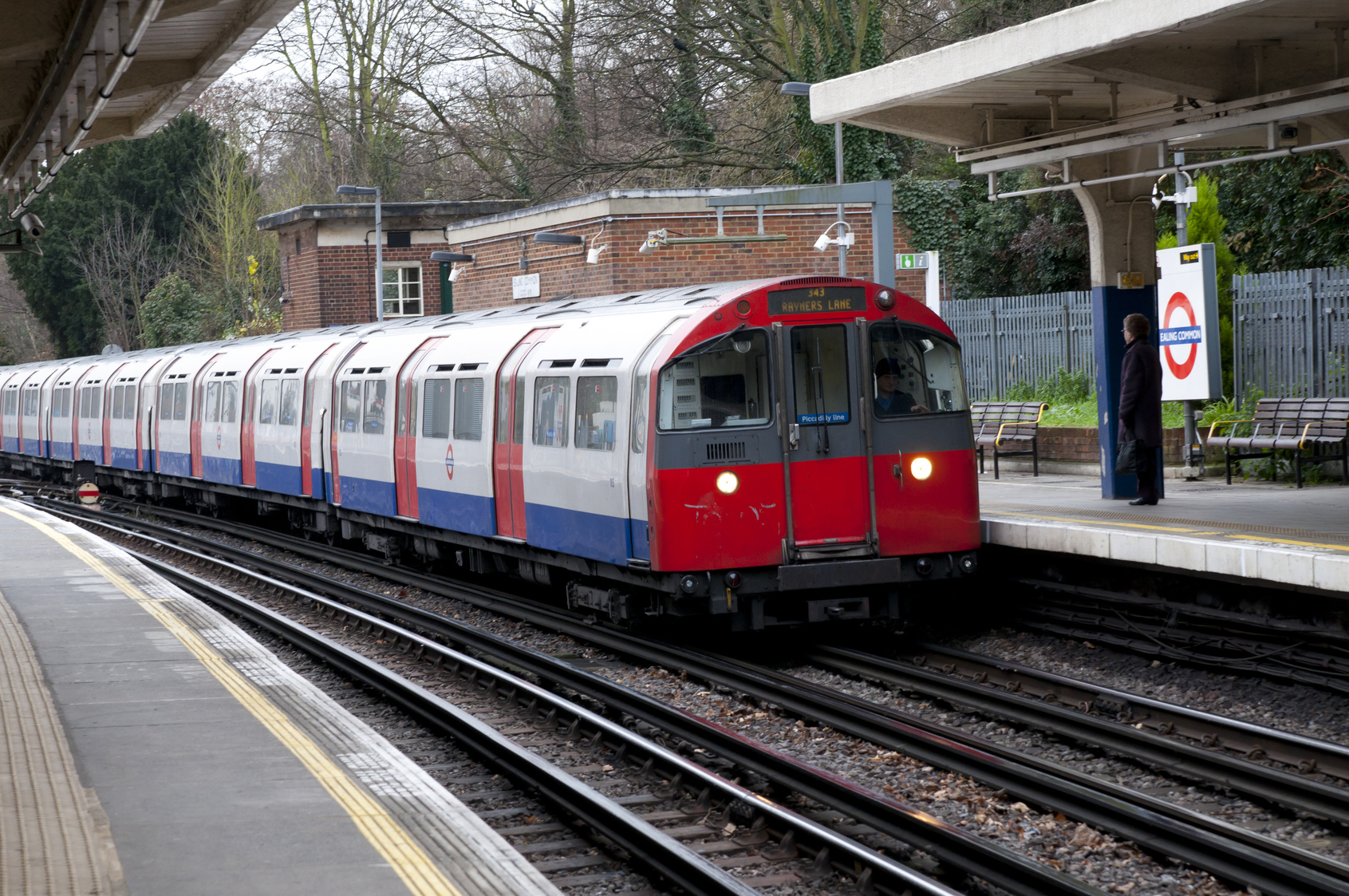
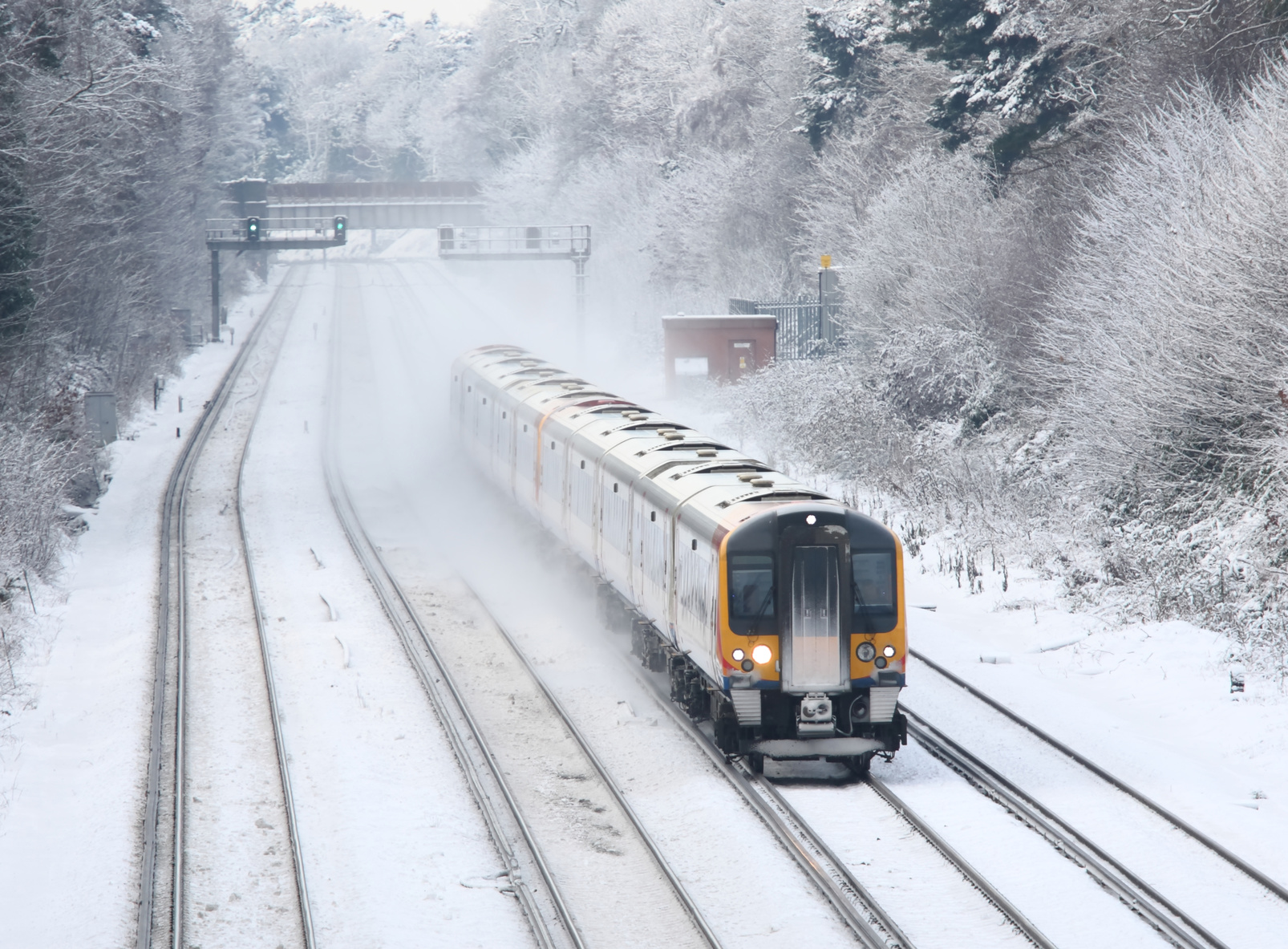
A new survey conducted by the Rail Delivery Group, has uncovered some startling new statistics about rail travel in Britain.
Primarily, the survey shows that rail passengers in the UK made just over 1.7 billion train journeys during the past year. The South-East alone, and London, accounted for 1.2 billion of this. As a result of this, passenger generated revenue in the UK grew to a staggering level of £9.3 billion from 2015-16.
What has the reaction been to the Rail Delivery Group statistics?
Surprisingly, Union leaders have been extremely critical in the wake of the Rail delivery group survey. It is time for the train companies to give revenue back. Many Union leaders feel that train companies are taking all of the credit when things go right, but hanging their employees out to dry when it goes wrong; when the reality is that it’s the other way round.
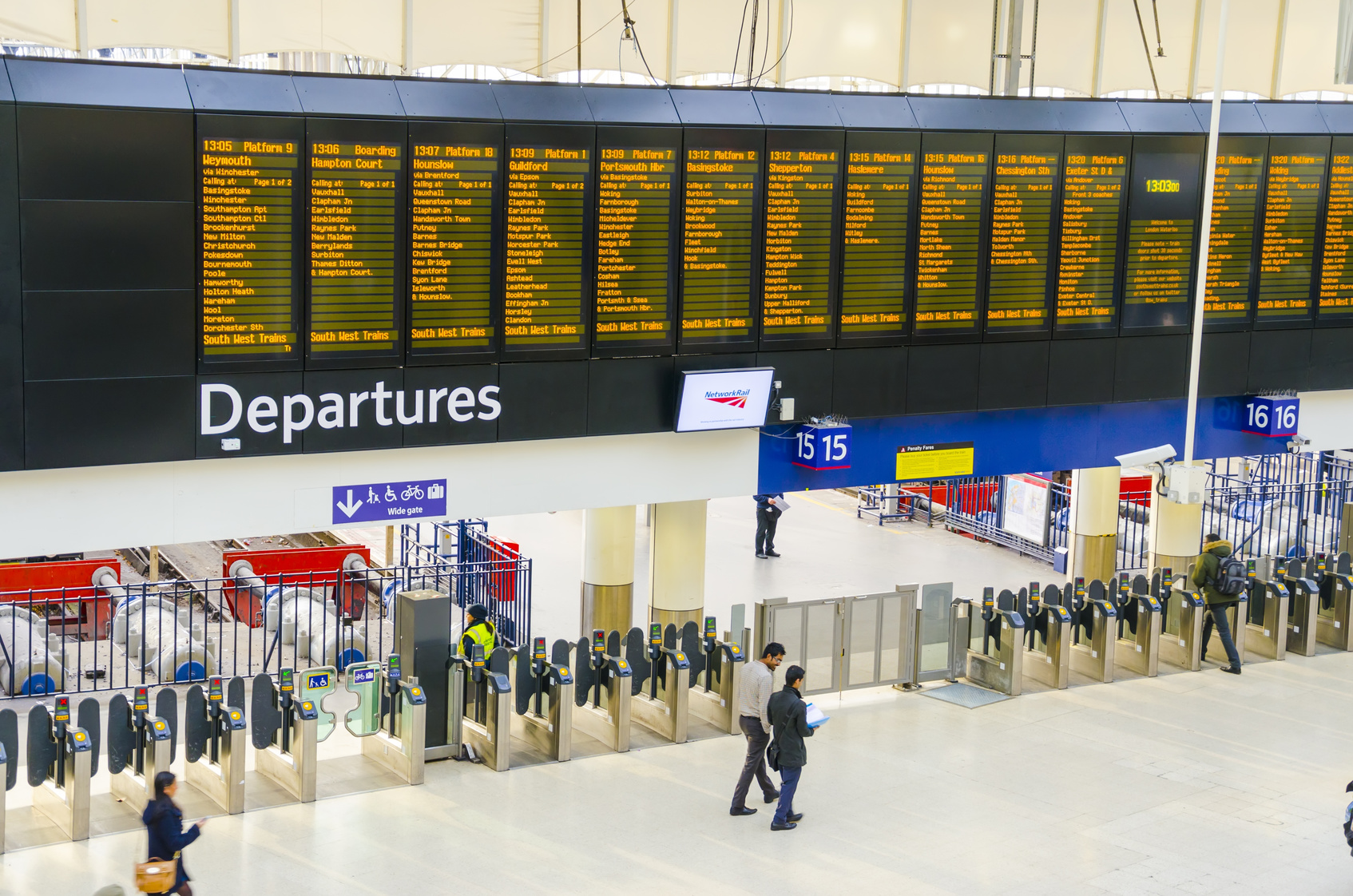
So, what’s the problem?
All in all, however, the general consensus has been that it’s essential for train companies to invest the passenger revenue coming in; and make long term plans to cope with such enormous demand. It’s clear that train travel is becoming more and more popular for British citizens. The Rail Delivery Group survey has shown that long distance routes in particular are shown to be progressing at a rapid pace, with an increase of 3.3% in long distance routes taken by passengers this year. The problem with this is that it all comes at a hair-raising price. Overcrowding forces many passengers to stand, because trains are unreliable. Meanwhile, the rail bosses who rake in the income from the passengers themselves, are simply lining their pockets. They aren’t putting the money back into a faltering service, and this is unacceptable.
